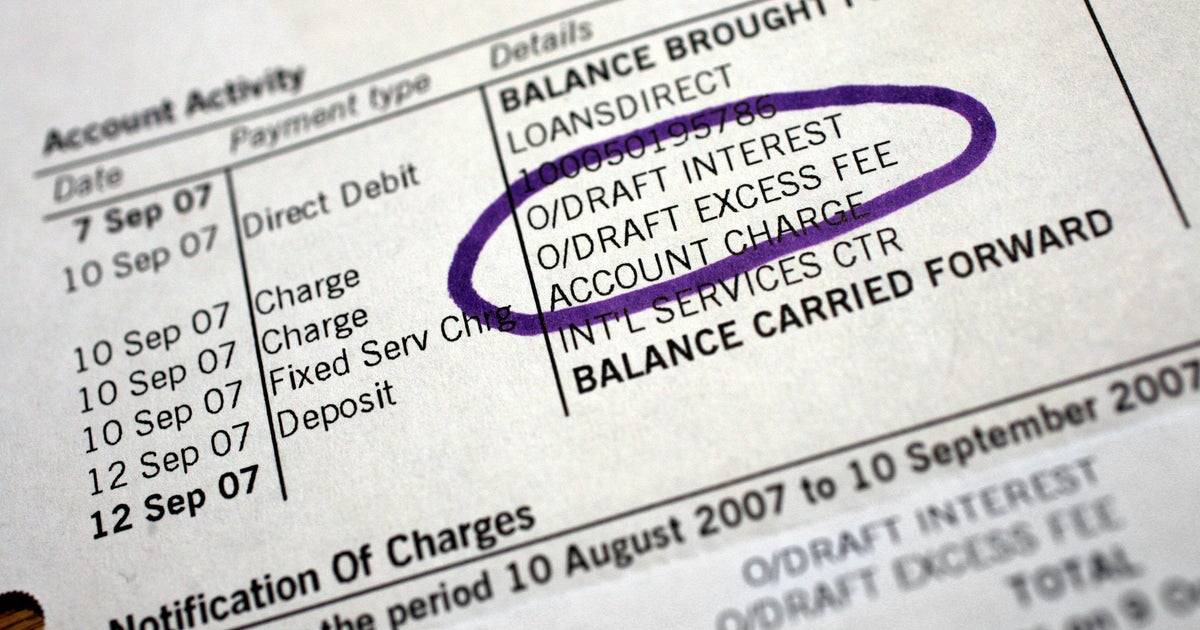Iga Swiatek Suspended After Testing Positive for Banned Substance
The tennis world was rocked as Iga Swiatek, the world No. 2, faced a suspension after testing positive for trimetazidine, a banned substance commonly used to treat angina. The International Tennis Integrity Agency (ITIA) announced that Swiatek’s violation occurred in an out-of-competition test ahead of the Cincinnati Open in August 2024. Despite her efforts to […]

The tennis world was rocked as Iga Swiatek, the world No. 2, faced a suspension after testing positive for trimetazidine, a banned substance commonly used to treat angina. The International Tennis Integrity Agency (ITIA) announced that Swiatek’s violation occurred in an out-of-competition test ahead of the Cincinnati Open in August 2024. Despite her efforts to explain the contamination, Swiatek has formally accepted a one-month ban, which includes a three-week provisional suspension she previously served.
The Positive Test and Consequences
Swiatek’s doping violation has significant implications:
- Substance Detected: Trimetazidine, often prescribed for heart-related conditions, is prohibited due to its potential performance-enhancing effects.
- Sanctions Imposed:
- One-month suspension: With eight days remaining at the time of the ITIA announcement.
- Loss of Earnings and Points: Swiatek forfeited $158,944 in prize money and 390 WTA ranking points earned during her Cincinnati Open semifinal run.
This marks the second anti-doping violation in 2024 among top tennis players, sparking renewed discussions on doping protocols.

Tracing the Contamination Source
Swiatek, during her provisional suspension, conducted an in-depth analysis of her supplements to trace the source of the contamination. Her findings included:
- Melatonin Supplement: Swiatek identified her melatonin, used to combat jet lag and stress-induced insomnia, as the likely source of the trimetazidine contamination.
- Supplement Analysis: Both opened and unopened containers of the supplement were tested, confirming trace amounts of the banned substance.
- Omissions in Disclosure: Initially, Swiatek failed to list melatonin on her doping forms, citing exhaustion at the time of her testing.
These actions led the ITIA to rule her case as “no significant fault or negligence”, reducing her penalty to the minimum one-month suspension.
ITIA and WADA Commentary
The ITIA’s head, Karen Moorhouse, acknowledged the unusual nature of Swiatek’s case:
“This was a highly unusual instance of a contaminated product… While the fault was at the lowest end of the scale, some level of fault remained due to the global regulatory nature of the banned substance.”
The ruling highlights a growing debate about the balance between inadvertent contamination and intentional doping.
- WADA Concerns: Olivier Niggli, WADA director, noted the increasing sensitivity of lab testing, which now detects “infinitesimal” quantities of banned substances. While raising thresholds might prevent penalizing inadvertent cases like Swiatek’s, it risks enabling “micro-doping.”
Resources and Inequities in Anti-Doping Cases
Swiatek’s case underscores the advantages elite players have when navigating doping violations:
- Access to Private Testing: Swiatek commissioned a private lab to analyze her supplements, crucial in proving contamination.
- Comparisons with Other Players: Similar resources allowed men’s world No. 1 Jannik Sinner to avoid interruptions to his playing schedule after his own doping scare earlier this year.
These advantages raise questions about equity in anti-doping enforcement, as less-resourced players might lack the means to mount similar defenses.
Lessons and Implications
Swiatek’s suspension sheds light on several issues in professional tennis:
- Supplement Safety: Athletes must remain vigilant about the sources and contents of their supplements.
- Anti-Doping Protocols: The tennis world may need clearer guidelines to address inadvertent contamination cases.
- WADA Review: Discussions about refining thresholds and testing protocols could reshape how doping cases are managed.
For Swiatek, her brief suspension coincided with a relatively quiet stretch of the tennis calendar, minimizing the impact on her season. However, her case adds to the ongoing debate about how anti-doping rules are applied and the challenges athletes face in ensuring compliance.










































